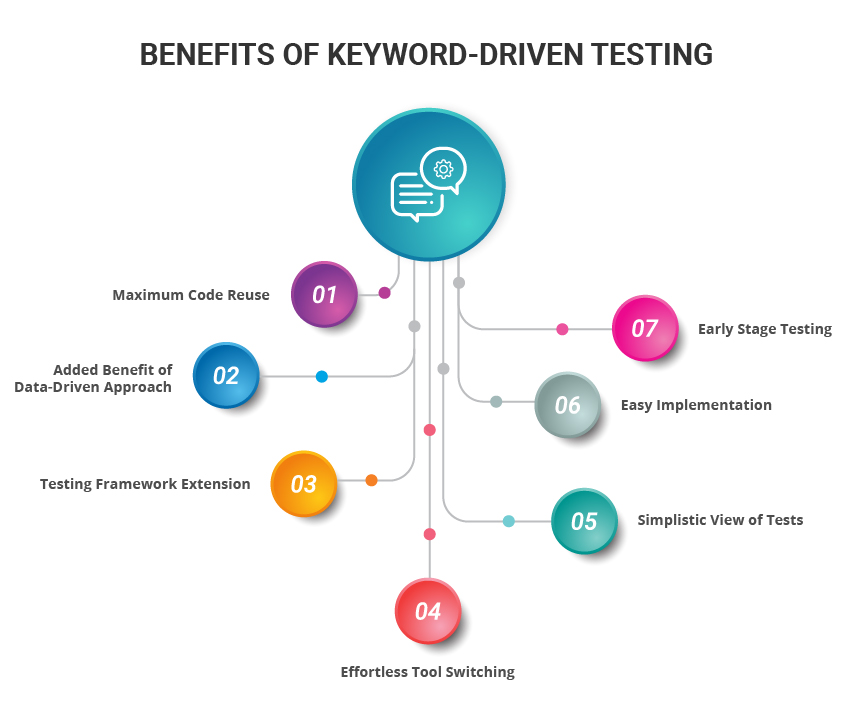Table of Contents:
- Role of Quality Assurance
- Domain Specialization and QA
- Advantages of Domain Specialization in QA
- Conclusion
Role of Quality Assurance
Quality Assurance practices over the past years have experienced many waves of innovation, be it test automation or methods to optimize testing. With changing times, the QA function as we knew it transformed and the focus shifted to:
– Meeting the essential compliance and regulatory standards
– Requirements coverage referring to code coverage
– Giving utmost importance to customer experience
Earlier, QA industry had a horizontal focus and was indifferent to business domains. However, it is turning out to be an industry where domain specialization is a must. Therefore, QA teams need to have profound knowledge of the business domain while testing an application. For QA teams to be considered as quality gatekeepers, their understanding of the domain must be up to the required standard.
Domain Specialization and QA
Domain knowledge can add an advantage to the testing project by helping testers to prioritize the features for test execution and exercise underlying business rules. Domain specialized experts can test an application in the most anticipated way, according to the end user perspective. Domain knowledge can help Quality Assurance teams achieve multiple benefits throughout the Software Development Lifecycle.
Advantages of Domain Specialization in QA
Here is the list of the advantages of having domain specialization:
1. Quick requirement analysis:
Having a domain specialization helps identify gaps in the requirements, ensures better coverage from business functionality perspective and enables early identification of defects through static testing.
2. Better user story development:
A QA with good domain knowledge can help the product owner by writing better user stories and defining better acceptance criteria.
3. Builds capability:
Domain knowledge helps a QA engineer to have a better view of the product. Without proper domain knowledge, defects in the underlying business rules can remain uncovered in the preliminary stage of testing, causing problems during the final or release stage.
4. Thorough understanding of technical terminology:
An engineer who completely understands the domain can detect issues early as compared to a novice in domain knowledge. A proper understanding of the technical terminology will help the tester to describe the problem and design edge case scenarios accurately.
5. Helps in prioritizing bug fixes:
With proper knowledge, the tester will have a clear idea of how to prioritize the bug fixes and can guide rest of the development team. While planning the bug fixes, the tester will not just save cost and time but will also enhance the overall product a quality in cost-effective manner.
6. Reduces training time:
Domain specialization can increase the overall productivity of the team and add better value to the final product. Having prior knowledge of the domain will reduce the training time, resulting in quicker results. Proper knowledge of the flow of the business processes helps in achieving a better understanding of the product requirements.
7. Boosts the productivity of the team:
Domain specialists are in demand due to their ability to understand the application beyond finding bugs. Having domain knowledge can help in suggesting and implementing fixes in crucial times. This not only saves time, but also increases the productivity of the team.
Conclusion
Emphasizing on domain specialization in QA is bridging the gap between business users and the IT teams, thus increasing the relevance of the work product delivered to the end user. Domain specialization is creating a platform for innovation by evolving the QA practices.
TestingXperts’ domain-based testing team of QA professionals have extensive experience in the latest technologies across various business verticals such as Healthcare, Insurance, Manufacturing, logistics, Banking and Financial Services, etc. While being well versed in the latest testing trends, TestingXperts’ team come with great domain knowledge and skill sets. TestingXperts’ domain-based testing ensures delivery of the expected services and enables the higher customer satisfaction.



